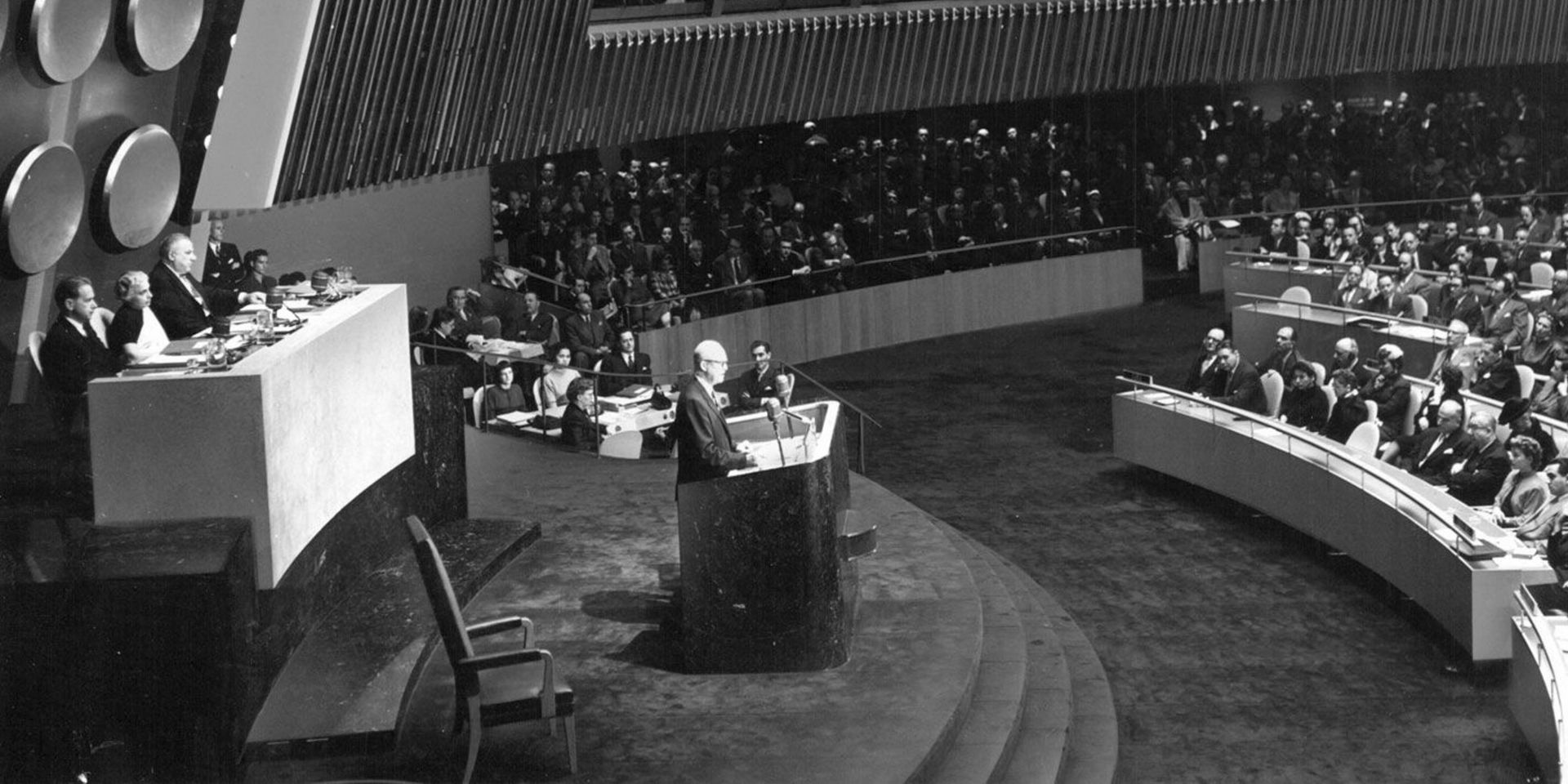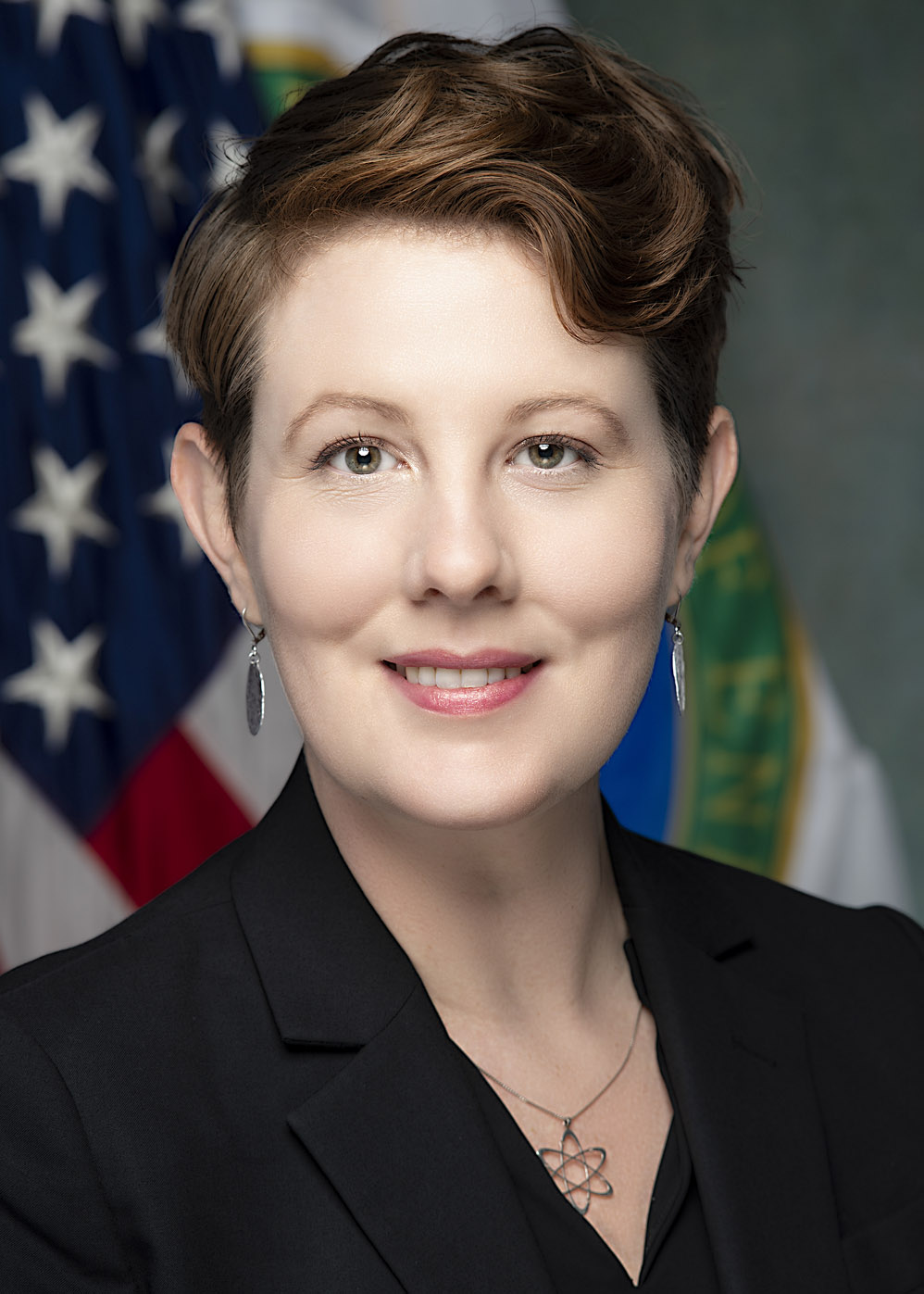The Zaporizhzhia nuclear power plant. (Photo: Energoatom)
Recent staff cuts at Ukraine’s Zaporizhzhia nuclear power plant (ZNPP) are raising concerns among international nuclear watchdogs.
Ahead of his visit to the plant on February 7, International Atomic Energy Agency director general Rafael Mariano Grossi told the Associated Press that he will focus on the impact of personnel reductions, especially while Russia has denied access to employees of Ukraine’s nuclear operator, Energoatom.
[Click image for full view.] More than 20 African countries have no radiotherapy treatment facilities. Darker blue areas indicate regions of greater population density, while radiotherapy centers are marked with red dots. (Image: IAEA)
More people in low- and middle-income countries who have head and neck cancer may be able to access lifesaving radiotherapy after research supported by the International Atomic Energy Agency has shown that fewer—but higher—doses of radiation treatment resulted in clinical outcomes similar to standard radiotherapy treatments. Reducing overall treatment times for this type of cancer through a treatment regimen called hypofractionation could help countries navigate resource constraints and shorten waitlists, enabling more patients to receive treatment while also reducing the cost and duration of care. The IAEA announced the findings in a news article published January 22.
An IAEA researcher collects samples from the Antarctic shoreline. (Image: IAEA)
The International Atomic Energy Agency, in cooperation with Argentina, launched a scientific research expedition on January 6 to study microplastics in Antarctica—one of the planet’s most remote areas—as part of an effort to combat widespread microplastic pollution.
Members of the IAEA’s INSServ team visit the Sihanoukville Autonomous Port in Cambodia. (Photo: IAEA)
The International Atomic Energy Agency completed an advisory service mission to Cambodia on December 11–22 that focused on assessing the country's security regime for nuclear and other radioactive material out of regulatory control (MORC).
IAEA director general Rafael Mariano Grossi welcomes participants at the annual session of the IAEA’s Nuclear Law Institute. (Photo: Dean Calma/IAEA)
As countries increasingly plan to adopt or expand nuclear energy to their energy grids, the importance of national and international nuclear law was underscored in recent remarks by Rafael Mariano Grossi, the International Atomic Energy Agency’s director general.
Eric Mathet (left), operational lead of the IAEA’s nuclear infrastructure development section, presents the INIR mission report to Antti Tooming, deputy secretary general of Estonia’s Ministry of Climate and head of the country’s nuclear energy working group.
A team of experts from the International Atomic Energy Agency recently concluded an eight-day mission to Estonia, finding that the Baltic state has developed a comprehensive assessment of its nuclear infrastructure development needs, enabling the government to make an informed decision on whether to pursue a nuclear power program.
Khmelnytskyi nuclear power plant in Ukraine. (Photo: Wikimedia)
Explosions near the Khmelnytskyi nuclear power plant in western Ukraine early Wednesday shattered windows at the facility and temporarily cut off power to some off-site radiation monitoring stations, the International Atomic Energy Agency reported on October 25.
Dongyu Qu, director general of the FAO (center left) with Rafael Mariano Grossi, director general of the IAEA and Najat Mokhtar, deputy director general and head of the IAEA Department of Nuclear Sciences and Applications (far right) on the sidelines of the World Food Forum. (Photo: D. Calma/IAEA)
The International Atomic Energy Agency and the Food and Agriculture Organization of the United Nations launched Atoms4Food on October 18 at the 2023 World Food Forum in Rome as a flagship initiative to help boost food security and tackle growing hunger around the world. Atoms4Food will support countries as they apply nuclear techniques to boost agricultural productivity, reduce food losses, ensure food safety, improve nutrition, and adapt to the challenges of climate change.
IAEA director general Grossi delivers the opening plenary at the Second International Conference on Climate Change and the Role of Nuclear Power. (Photo: IAEA)
The IAEA’s new nuclear security training center. (Photo: Katy Laffan/IAEA)


















